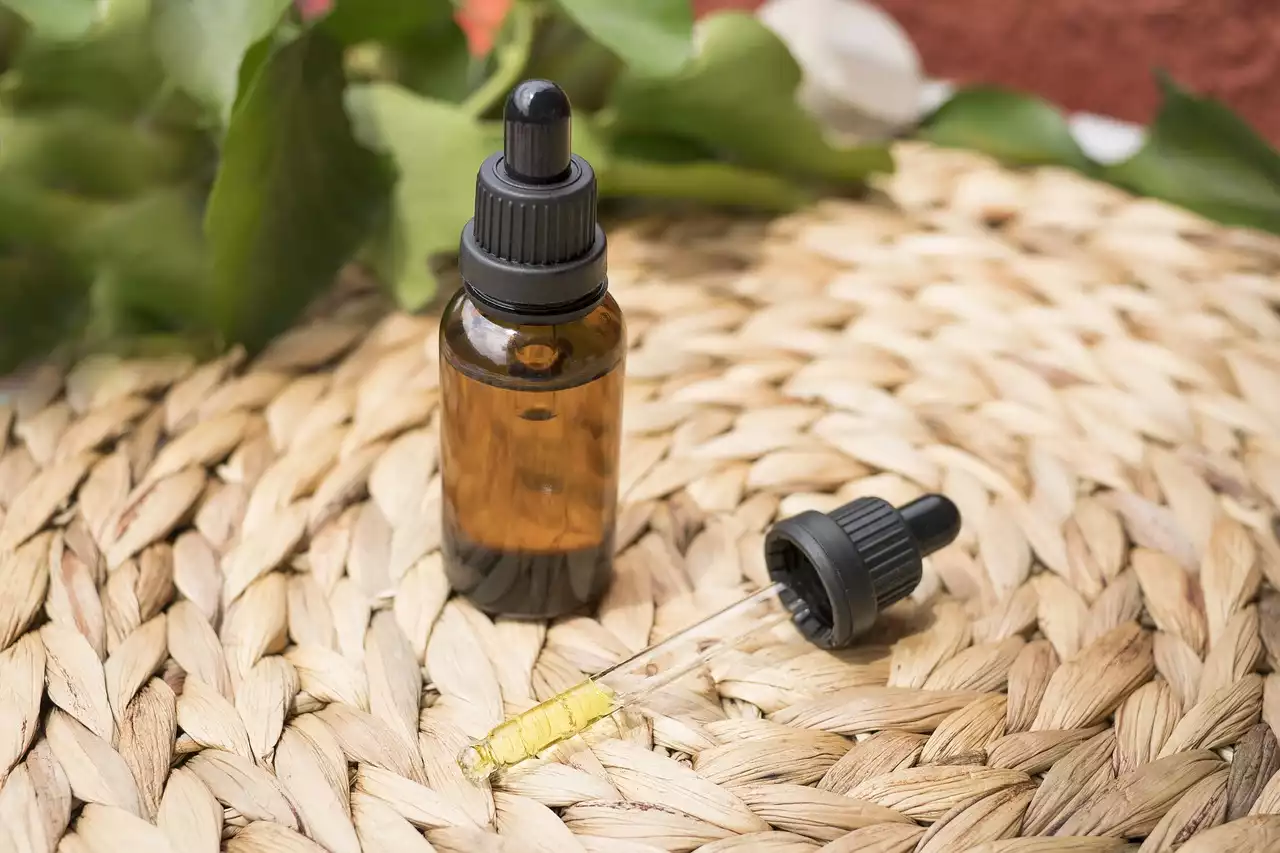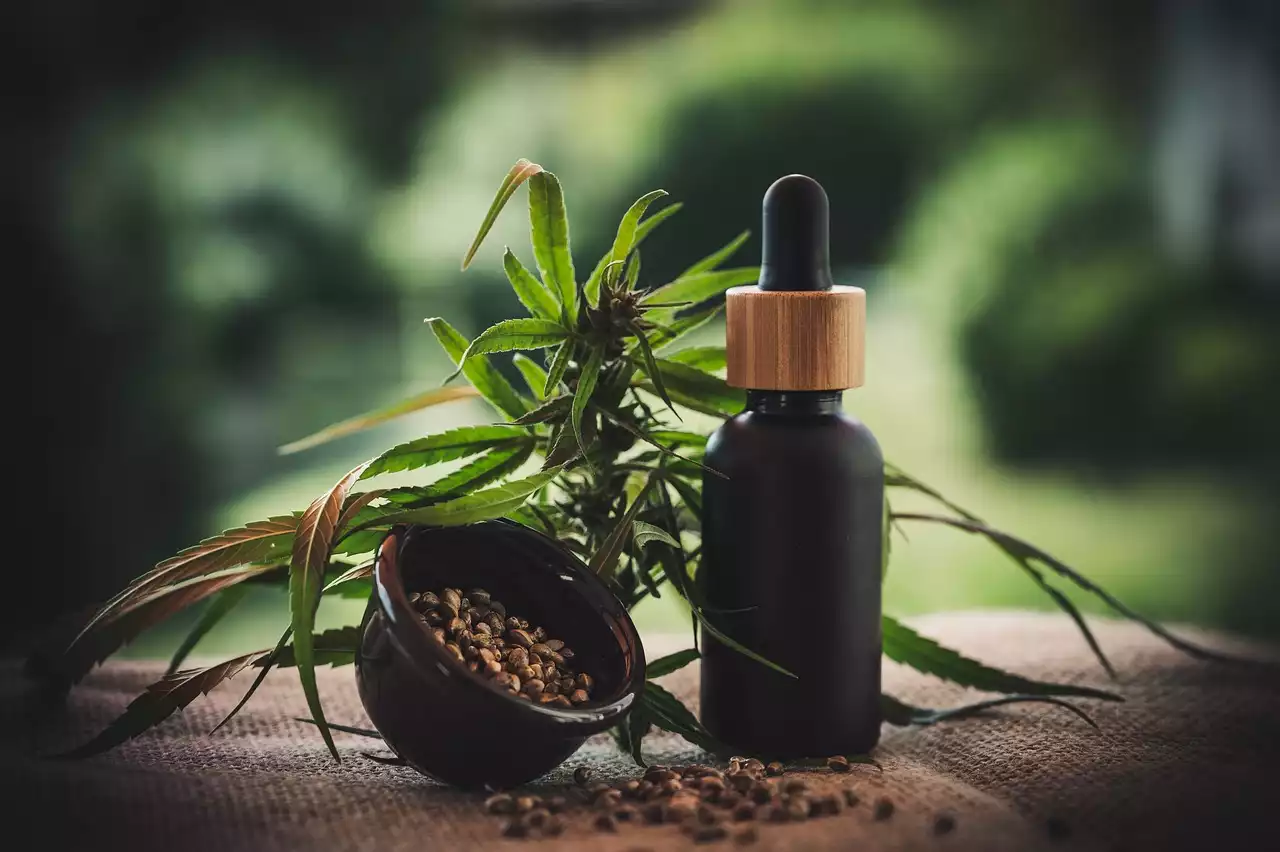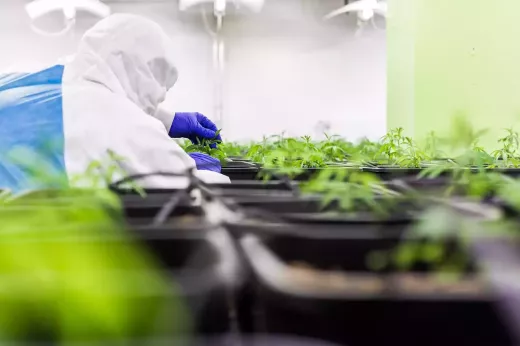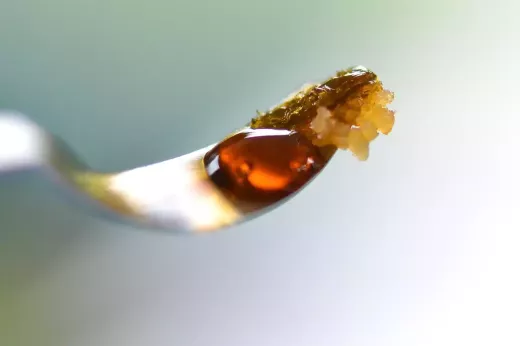Introduction
In recent years, CBD has taken the health and wellness industry by storm, touted as a natural remedy for a wide range of ailments. But what exactly is CBD, and how can it benefit you? This article aims to demystify the world of CBD, delving into its definition, benefits, risks, and expert tips.
CBD, short for cannabidiol, is a non-psychoactive compound derived from the hemp plant. Unlike its counterpart, THC, CBD does not produce a "high" effect, making it ideal for those seeking therapeutic benefits without the psychoactive side effects.
The potential benefits of CBD are vast and diverse. From relieving chronic pain and reducing anxiety to improving sleep quality and supporting overall well-being, the growing body of research suggests that CBD may hold tremendous promise in enhancing our health and happiness.
However, it's important to understand that while CBD offers numerous potential benefits, there are also risks to consider. This article will provide you with expert tips for finding high-quality CBD products, ensuring safe usage, and navigating the complex world of CBD regulations.
Whether you're a CBD newbie or a seasoned user, this article will arm you with the knowledge you need to unlock the full potential of CBD and make informed decisions about its use in your life.
What is CBD?
CBD, or cannabidiol, is a naturally occurring compound found in the hemp plant. It is one of over 100 cannabinoids present in cannabis plants, but unlike THC, it does not produce a psychoactive effect. CBD interacts with the endocannabinoid system in the body, which is responsible for maintaining overall balance and well-being.
Research suggests that CBD may have anti-inflammatory, analgesic, and anti-anxiety properties. It has been studied for its potential therapeutic effects on various conditions such as chronic pain, epilepsy, anxiety disorders, and sleep disorders.
The extraction of CBD from hemp plants involves a complex process to ensure the purity and potency of the final product. CBD products can come in different forms, including oils, tinctures, capsules, edibles, and topicals. Each form has its own advantages and may be suitable for different purposes.
The Legal Status of CBD
The legal status of CBD varies from country to country and even within different states or regions. In some places, CBD is fully legal and readily available, while in others, it may be tightly regulated or even illegal.
In the United States, for example, the legal status of CBD depends on its source. CBD derived from hemp plants with less than 0.3% THC is legal at the federal level, thanks to the 2018 Farm Bill. However, CBD derived from marijuana plants, which may have higher levels of THC, is still considered a controlled substance in many states.
It's crucial to familiarize yourself with the laws and regulations regarding CBD in your specific location. This will ensure that you stay on the right side of the law and have access to safe and legal CBD products.
Benefits of CBD
The potential benefits of CBD are wide-ranging and continue to be explored through scientific research. Here are some of the most commonly reported benefits of CBD:
1. Pain Relief: CBD has been studied for its potential analgesic properties, making it a popular choice for those seeking natural alternatives for pain management. It may help alleviate both acute and chronic pain conditions, such as arthritis, migraines, and neuropathic pain.
2. Anxiety and Stress Reduction: CBD has shown promise in reducing anxiety and stress levels. It may help regulate the release of stress hormones and promote a sense of calmness and relaxation.
3. Improved Sleep Quality: Many people struggle with sleep disorders, and CBD has been studied for its potential to improve sleep quality. It may help regulate sleep patterns, reduce insomnia, and promote a more restful night's sleep.
4. Anti-inflammatory Effects: Inflammation is at the root of many chronic diseases, and CBD has been shown to have anti-inflammatory properties. It may help reduce inflammation in conditions such as arthritis, inflammatory bowel disease, and autoimmune disorders.
5. Neuroprotective Properties: CBD has been studied for its potential neuroprotective effects, particularly in relation to conditions such as epilepsy and neurodegenerative diseases like Alzheimer's and Parkinson's. It may help protect brain cells and promote overall brain health.
While these benefits are promising, it's important to note that CBD is not a cure-all and may not work the same way for everyone. It's always best to consult with a healthcare professional before starting CBD as a treatment for any specific condition.
Risks and Side Effects of CBD
While CBD is generally considered safe, it can still cause side effects in some individuals. These side effects are typically mild and may include fatigue, diarrhea, changes in appetite, and dry mouth. It's important to start with a low dose and gradually increase as needed to minimize the risk of side effects.
CBD can also interact with certain medications, so it's crucial to consult with a healthcare professional if you are taking any prescription medications. They can advise on potential drug interactions and help you determine the appropriate dosage and usage.
Another important consideration is the quality and purity of CBD products. Due to the lack of regulation in the industry, there are many low-quality products on the market that may contain harmful additives or inaccurate labeling. This is why it's crucial to do thorough research and choose reputable brands that provide third-party lab testing results.
CBD vs THC: Understanding the Difference
CBD and THC are both cannabinoids found in cannabis plants, but they have different effects on the body. THC is the psychoactive compound responsible for the "high" feeling associated with marijuana use, while CBD does not produce this effect.
CBD and THC interact with different receptors in the endocannabinoid system, resulting in distinct effects. While CBD is known for its potential therapeutic benefits, THC is primarily used for recreational purposes.
It's important to note that CBD products derived from hemp plants contain less than 0.3% THC, which is not enough to produce psychoactive effects. This ensures that CBD products are non-intoxicating and safe for use.
How to Choose High-Quality CBD Products
With the growing popularity of CBD, the market is flooded with various CBD products, making it challenging to choose high-quality options. Here are some expert tips to help you make informed decisions:
1. Look for Third-Party Lab Testing: Reputable CBD brands will provide third-party lab testing results that verify the potency and purity of their products. This ensures that you are getting what you paid for and that the product does not contain harmful substances.
2. Check the Source of CBD: CBD derived from organically grown hemp plants is generally considered to be of higher quality. Look for products that clearly state the source of CBD and ensure it comes from reputable farms.
3. Consider Extraction Methods: The extraction method used can impact the quality of CBD. CO2 extraction is considered to be the gold standard as it maintains the purity and potency of CBD without the use of harsh solvents.
4. Read Customer Reviews: Customer reviews can provide valuable insights into the quality and effectiveness of CBD products. Look for reviews from verified buyers and consider both positive and negative feedback.
By following these tips, you can ensure that you are purchasing high-quality CBD products that are safe and effective.
Expert Tips for Using CBD Effectively
To make the most of CBD's potential benefits, here are some expert tips for safe and effective usage:
1. Start with a Low Dose: It's always best to start with a low dose and gradually increase as needed. This allows you to gauge your body's response and find the optimal dosage that works for you.
2. Be Consistent: CBD works best when used consistently over time. Establish a regular dosing schedule to maintain a steady level of CBD in your system.
3. Experiment with Different Forms: CBD comes in various forms, including oils, tinctures, capsules, edibles, and topicals. Experiment with different forms to find the one that suits your preferences and needs.
4. Keep a Journal: Keeping a journal can help you track your CBD usage, dosage, and the effects you experience. This can provide valuable insights and help you adjust your dosage as needed.
5. Consult with a Healthcare Professional: If you have any underlying health conditions or are taking medications, it's essential to consult with a healthcare professional before starting CBD. They can provide personalized advice and ensure that CBD is safe for you to use.
CBD Dosage Guide
Determining the right CBD dosage can be challenging, as it varies depending on factors such as body weight, metabolism, individual tolerance, and the specific condition being treated. It's best to start with a low dose and gradually increase until the desired effects are achieved.
A general guideline for CBD dosage is to start with 1-6 mg of CBD per 10 pounds of body weight. For example, if you weigh 150 pounds, a starting dose of 15-90 mg of CBD per day may be appropriate. It's important to note that these are just general recommendations, and individual needs may vary.
CBD in Different Forms: Oils, Edibles, Topicals, and More
CBD comes in various forms, each with its own advantages and applications. Here are some common forms of CBD products:
1. CBD Oils and Tinctures: CBD oils and tinctures are versatile and easy to use. They are typically taken sublingually (under the tongue) for fast absorption into the bloodstream.
2. CBD Capsules and Softgels: CBD capsules and softgels provide a convenient way to consume CBD. They are pre-measured and can be taken orally with water.
3. CBD Edibles: CBD edibles include gummies, chocolates, and other food products infused with CBD. They provide a tasty and discreet way to consume CBD.
4. CBD Topicals: CBD topicals come in the form of creams, lotions, balms, and salves that are applied directly to the skin. They are commonly used for localized relief and skincare.
5. CBD Vapes: CBD vape products are inhaled using a vaporizer or vape pen. They offer fast-acting effects but may not be suitable for everyone due to potential lung health concerns.
It's important to choose the form of CBD that aligns with your preferences and intended use. Experimenting with different forms can help you find the most effective and enjoyable way to incorporate CBD into your daily routine.
Conclusion
CBD has emerged as a promising natural remedy with potential benefits for a wide range of conditions. Understanding what CBD is, its potential benefits, and the risks involved is crucial for making informed decisions about its use.
By following expert tips for choosing high-quality CBD products, using CBD effectively, and determining the right dosage, you can unlock the full potential of CBD and harness its therapeutic power for your well-being.
Remember to consult with a healthcare professional before starting CBD, especially if you have any underlying health conditions or are taking medications. With the right knowledge and careful consideration, CBD can become a valuable tool in your journey towards better health and happiness.








